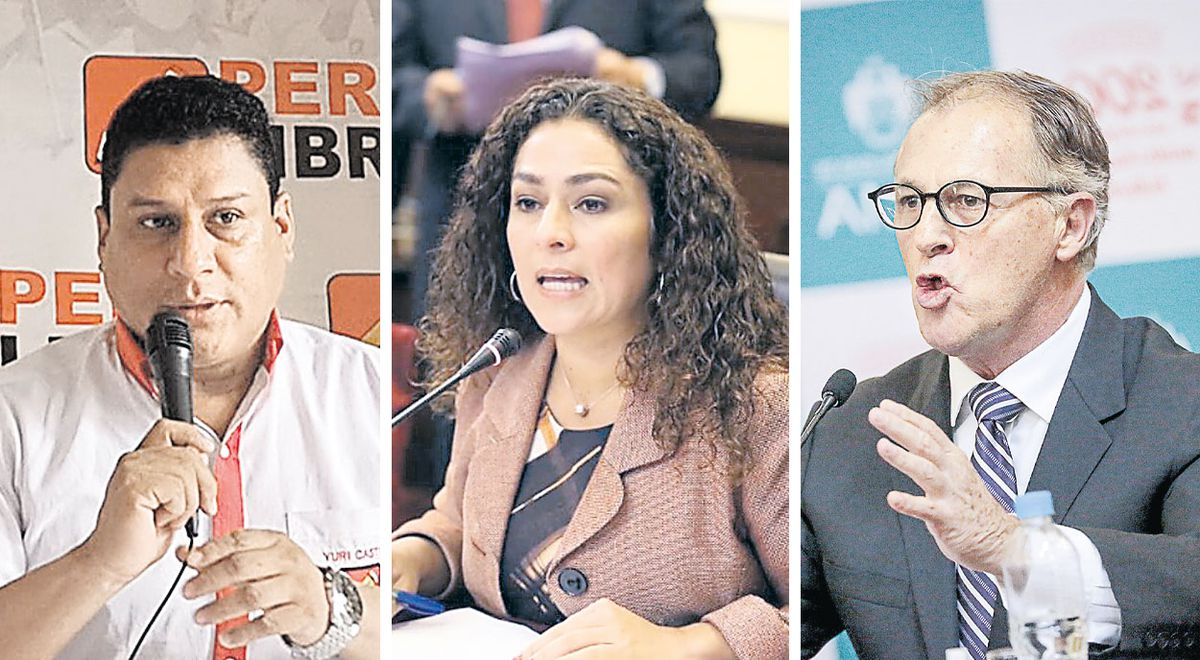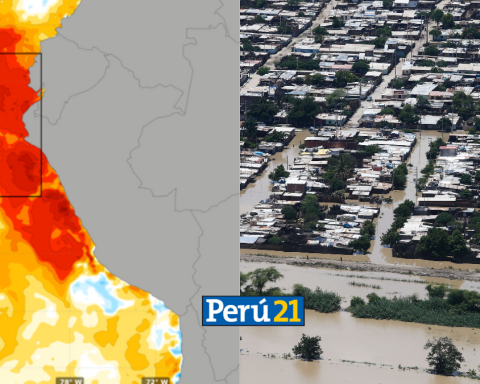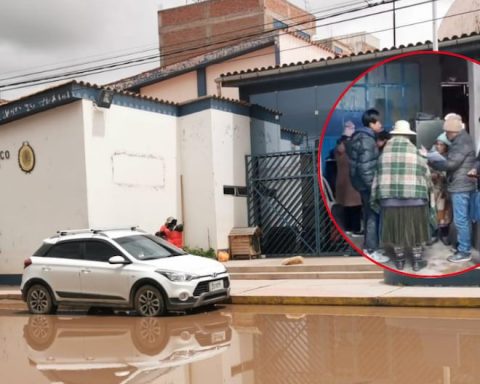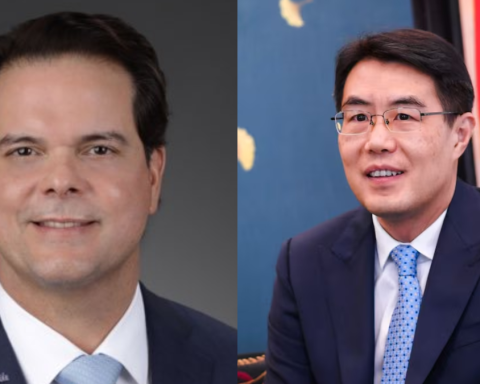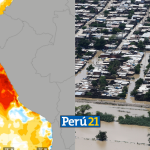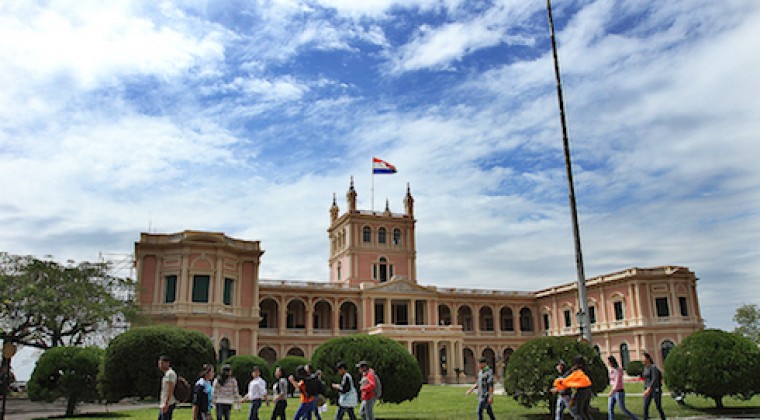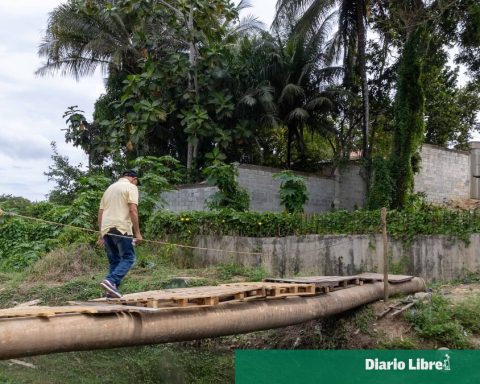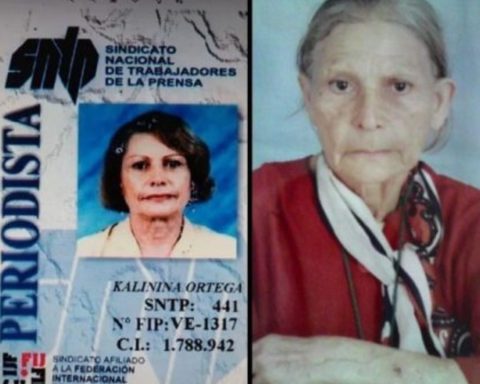By: Juan Alvarez
Lima woke up yesterday with a new mayor and It has never occurred to anyone to question that Rafael López Aliaga, the candidate for Popular Renovation, formerly National Solidarity, had won the election day on Sunday, October 2. There has also been a consensus as to who the losers had been. And there was no reference to Daniel Urrestifrom Podemos Peru, but to those who in previous votes had received the preference of the citizens: Peru Libre (2,724,752 valid votes, 18.92%) and Fuerza Popular (1,930,762 votes, 13.40%) in the first round of the 2021 general elections, and Popular Action (Jorge Muñoz won with 1,844,288 votes, 36.14%), in the previous election for the Mayor of Lima, in 2018.
What happened to that vote? “In Lima, the voting figures show the citizens’ weariness with politics, the almost null possibility of electing a candidate they believe in, but of choosing the least worst one,” explains political analyst Ana María Vidal.
“López Aliaga —he continues saying— reached only 26% or a little more. Then there was a character like Urresti, who in the last election not only came second, but a sector of the left supported him. All for a discourse of fighting against the neoliberal right, that supposedly omnipresent right”.
Other analysts consulted agree that, with the decisions of their leaders and the exercise of power (Free Peru in the Executive and Fuerza Popular in the Legislative), both parties have ended up squandering that support. The internal troubles in Peru Libre that ended with Vladimir Cerrón, the owner of the party, demanding that the president peter castle the renunciation of his militancy; the inevitable distance from PL of a considerable number of congressmen to form other benches; and the president’s inability to develop an effective government, articulated and free from suspicions of corruption.
In Fuerza Popular, a party that did not win in any region, wear and tear was inevitable after Keiko Fujimori decided to cling to the narrative of alleged electoral fraud, something that she had promised not to do in her campaign. It is suffered by former congressmen Cecilia Chacón and Roy Ventura, defeated in San Borja and San Juan de Lurigancho.
It also had to do with the role that Fujimorism has played in Congress, where it has managed to have influence in the Board of Directors and in the main commissions, such as the Constitution and Oversight. In the first, he even initially proposed subtracting autonomy from the electoral authorities (JNE, ONPE and Reniec), and in the second he has led, and taken political advantage of, the investigation of Castillo and his entourage.
Despite this, Free Peru entered the race for the municipality of Lima with Yuri Castro, who it would have obtained only 1.5% of the votes. Probably, in Fuerza Popular they decided not to participate to avoid a similar disaster.
In the second round of 2021, the majority vote for Keiko Fujimori (65.68% in total) and less for Pedro Castillo (34.32%). None of those votes remained.
unpopular action
And what happened to Popular Action? It may have already been forgotten, but in 2018 Jorge Muñoz was elected mayor of Lima, who in April of this year he was vacated for holding an additional position by agreeing to join the Sedapal Board of Directors.
According to Ana María Vidal, citizens have also grown tired of the ineffectiveness of the municipal authority that left the capital of Peru in the midst of a crisis that will worsen even more.
“In Lima, there is no glimpse of a municipal administration offering public policies for the services of the city and the citizens,” he warns. Unfortunately, we have is an opposition offer to the central government; and the latter is not characterized by offering public policies to get out of the crisis. The only offer for now is four more years of fighting”.
Barbarán: “I wouldn’t call it a failure”
“I wouldn’t call it a failure. Fuerza Popular has been predicted to disappear several times. I am 28 years old, and for my part there is Fujimorism for 40 more years”, affirmed the Fujimorista congresswoman Rosengella Barbaran.
“In politics there are no permanent victories or defeats… Peru Libre suffered an electoral setback due to external and internal factors”, said Vladimir Cerrón, of Peru Libre.
“The defeat of the AP is the responsibility of its pseudo-leadership, which did nothing for the people and has destroyed the party,” accused Yonhy Lescano.
System weaknesses, own weaknesses
Focus by José A. Godoy, political scientist
Why have Fuerza Popular, Perú Libre and Acción Popular done so poorly in these elections? The reasons are diverse: Fujimorism has traditionally had a poor performance in subnational elections, Peru Libre pays both the cost of being a governing party and its own internal weakness, and Acción Popular has its internal divisions against it, which even prevented it from presenting candidate for mayor of Lima. But there is an additional element in common: these are elections in which “coalitions of independents” prevail, linked to local needs not perceived by the national parties, which means that, in general, their performance is quite low. So, what happened with these three groups is due both to a weakness in the system and to their own internal problems.
More than others, Peru Libre was defeated
Approach by Paolo Sosa, IEP researcher
To say that someone has been defeated, we would first have to see a clear intention to win. This is not the case with Acción Popular or Fuerza Popular. In the first, the leaders are more concerned with their internal frictions, and thus it is not possible to compete. Something similar happens with Fujimori. His participation has been very poor, but it was not a priority. This time they withdrew their candidate from Lima and supported the current mayor-elect. For a personalist party of interest at the national level, these elections were less than a friendly match.
In Peru Libre, beyond the previous tendencies regarding government parties, cerronismo did announce its interest in using the regional elections to demonstrate that they were a party with machinery. They appeared in many towns and campaigned, but they did not succeed. That is a defeat.
isolated. Yuri Castro (Peru Libre) paid for Cerrón’s mistakes.
In nothing. Cecilia Chacón (Popular Force) had no support.
sequel. Jorge Muñoz’s ineffectiveness affected Acción Popular.
